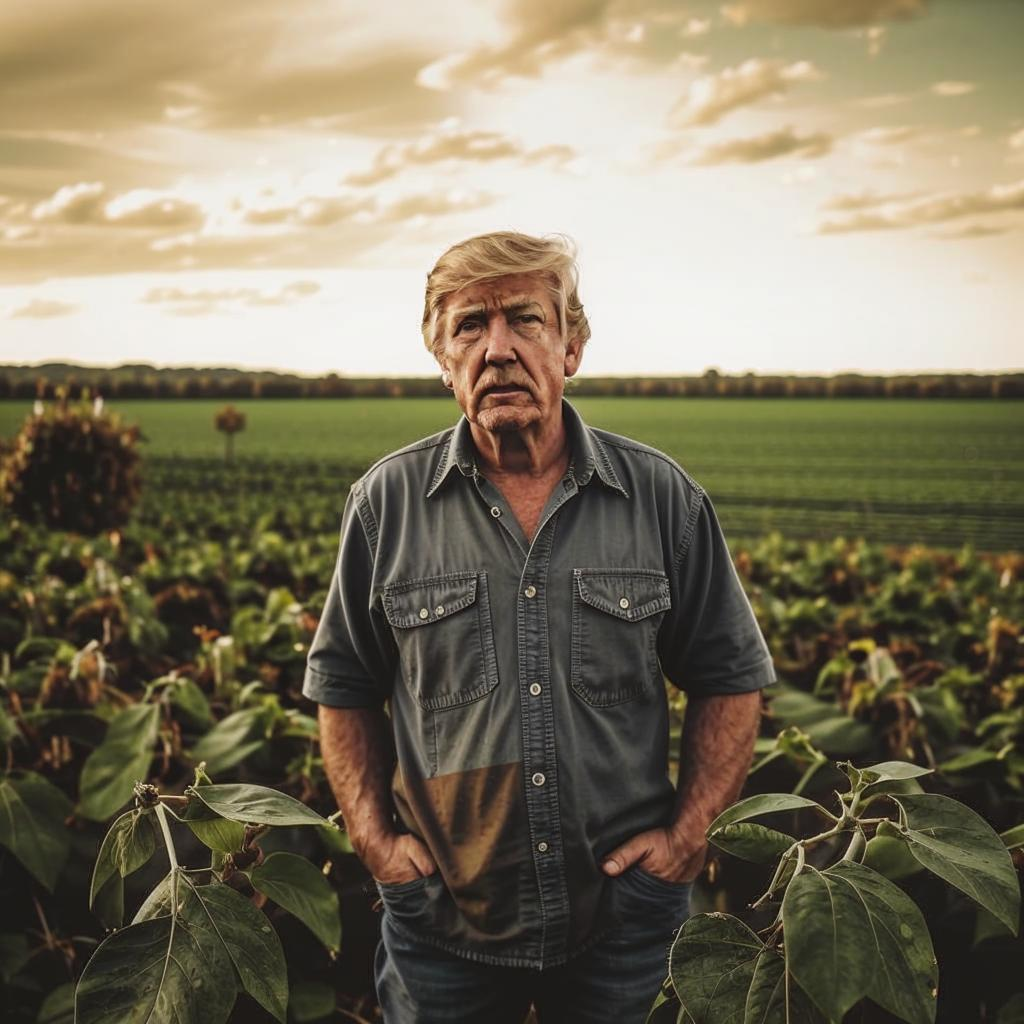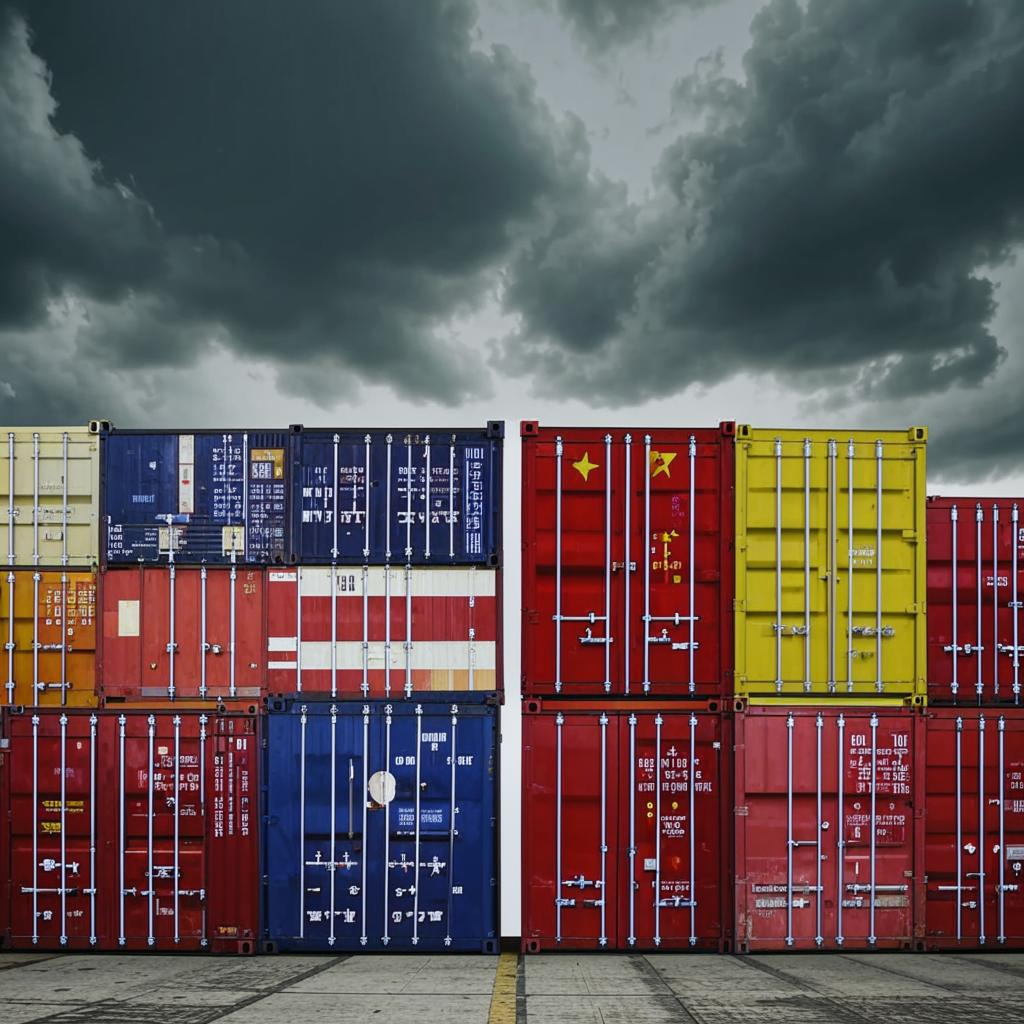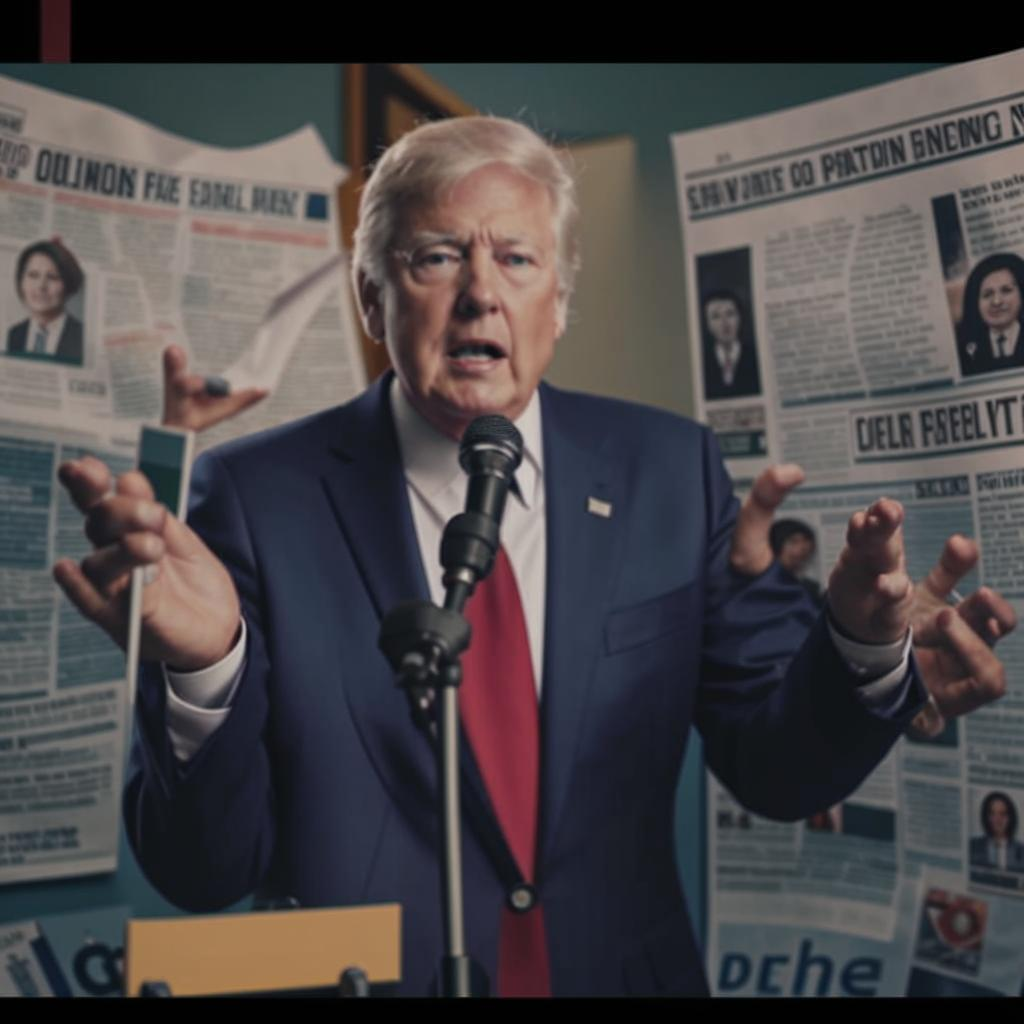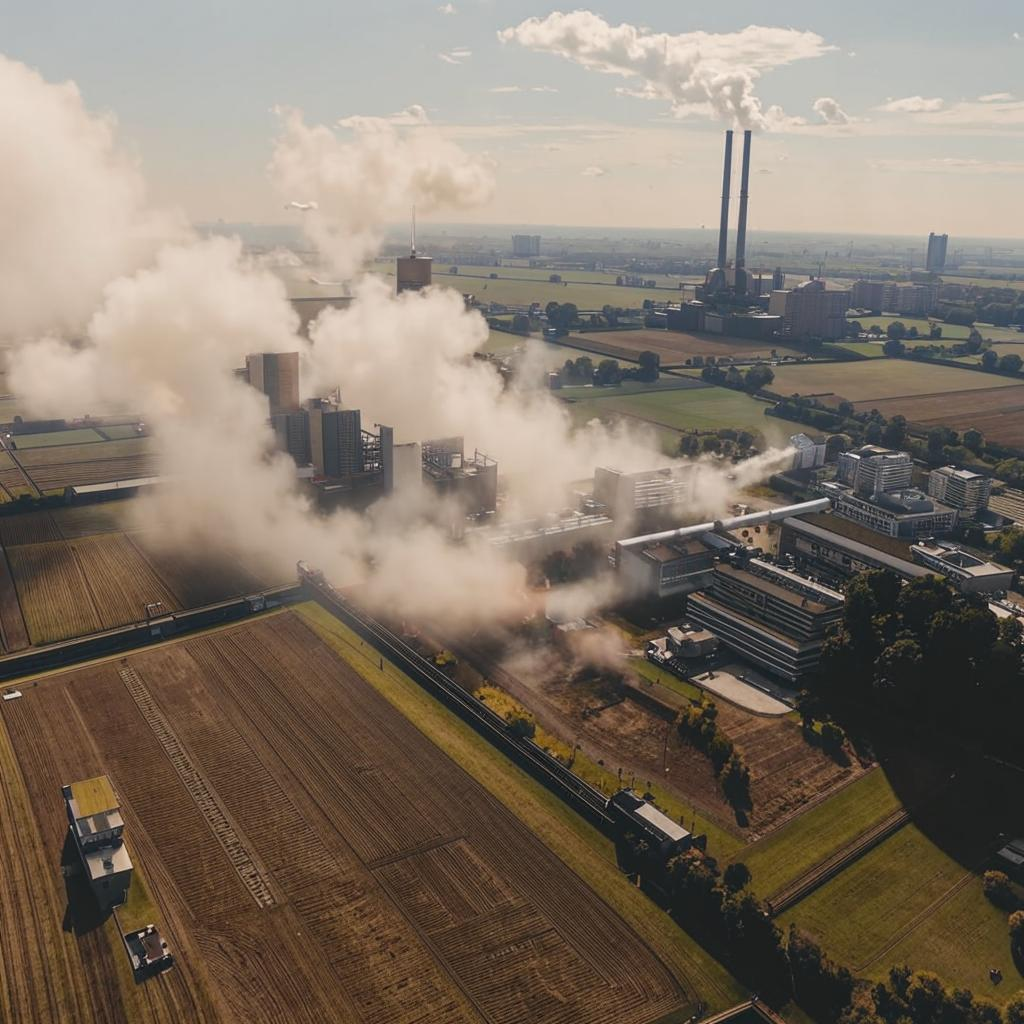President Trump’s imposition of tariffs, a cornerstone of his economic policy, is increasingly impacting his core supporters, raising questions about his campaign promises. Designed to revitalize American manufacturing and reduce trade deficits, the tariffs on goods from countries like China have resulted in higher prices for consumers and businesses.
Farmers, a significant part of Trump’s base, are particularly affected. Retaliatory tariffs from China on agricultural products like soybeans have crippled exports, leading to financial strain and farm closures. The administration has offered aid packages, but these are often viewed as insufficient to offset the losses.
Manufacturers, while initially supportive of the tariffs, are also feeling the pinch. Increased costs for imported raw materials and components have reduced their competitiveness, leading to production cuts and job losses. Some companies have even relocated production overseas to avoid the tariffs, contradicting the policy’s intent.
The economic consequences of the tariffs are becoming a growing concern, with economists warning of slower growth and potential recession. The President’s insistence on maintaining the tariffs despite the mounting evidence of their negative impact suggests a determination to stick to his trade strategy, even at the expense of his political support. As the 2024 election approaches, the economic impact of the tariffs will likely become a central issue, testing the loyalty of Trump’s base and shaping the political landscape. The discrepancy between the promised benefits and the current economic realities may prove to be a significant challenge for Trump’s campaign.














